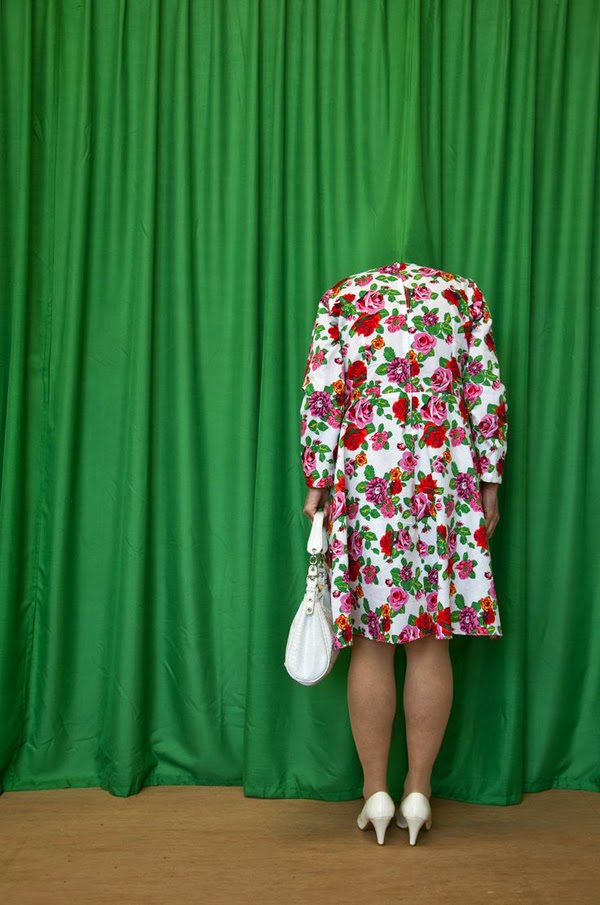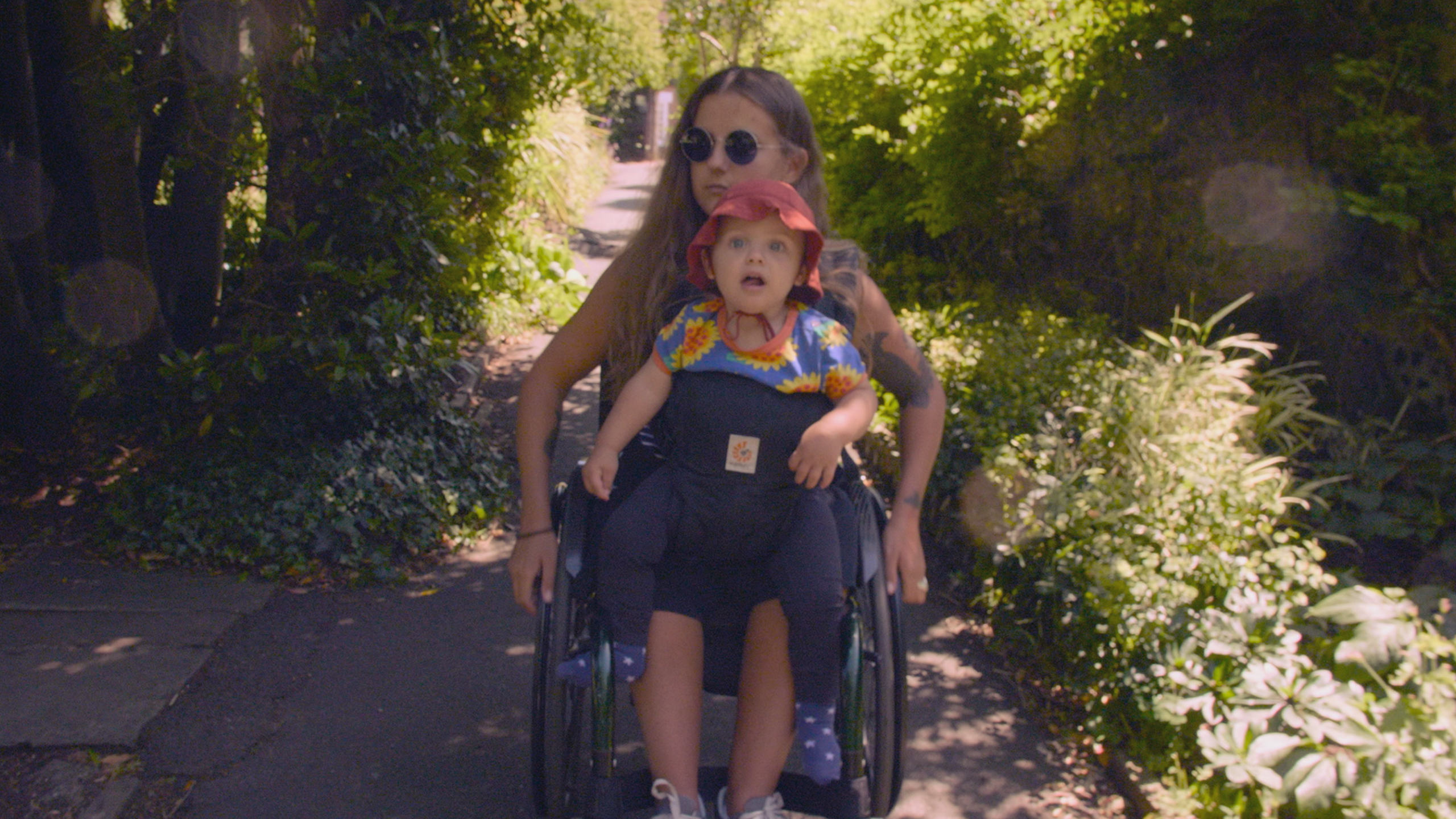The award-winning documentary feature film “Is There Anybody Out There?” (2023) invites a discussion about ableism within and beyond the film frame. For this feature debut, writer-director Ella Bee Glendining, a disabled artist herself, has been selected as a BAFTA Breakthrough 2023. This only shows the importance of diversity and inclusion in filmmaking. However, the movie reflects on some unpleasant nuances of being disabled in an ableist world, which means that there is still a long way to go towards a more considerate society.
This personal documentary follows E. B. Glendining’s search for people with the same rare disability as hers. Throughout the film, she intimately documents her daily life, interspersed with interviews featuring members of her community in England and the United States. Furthermore, the five-year span of the filmmaking process captures significant life events, including the director’s pregnancy and the COVID-19 pandemic. Depicting these experiences from her perspective, “Is There Anybody Out There?” also serves as a platform for underrepresented voices. Therefore, the film ends up being more than just a personal story by addressing broader social issues intricately coded with ableism.
Ableism in the film
One example of ableism that stands out most in the film is the issue of medical intervention. Born without hip joints and with short femurs, Glendining finds out that there are treatments for her rare condition. The documentary captures conversations with medical professionals and families advocating for invasive, painful procedures lasting several years as the standard treatment for disabled children. In a juxtaposition, Glendining offers glimpses of her own joyous, surgery-free childhood. By interweaving these different perspectives, the filmmaker critiques the ableist notion that missing out on one’s childhood is preferable to growing up disabled. Instead, Glendining wants to promote the idea of a societal shift towards greater accommodation for the disabled, challenging the status quo.

Ableism in the industry
Beyond its thematic exploration, the documentary itself prompts thought-provoking reflections too. The scarcity of films centered on disability renders the film more visible. Its recognition at Sundance, BAFTA, and the British Independent Film Awards attests to the film’s impact. At the same time, it is somewhat paradoxical to celebrate disabled filmmakers when they speak out about their issues, yet not fully see the creators beyond their disabilities. On the one hand, as disabled bodies get politicised, their work becomes political as well. On the other hand, even their presence in the room becomes a political act, whilst they should be approached in a more humanised way.
The film industry is still majorly inaccessible to disabled individuals, and that often links back to the politics-related funding opportunities. According to Glendining, she was facing some discriminatory attitudes while seeking sponsors as well. For instance, a company would refuse her project due to prior funding of another disabled creative. While competitiveness is inherent in the film business, the industry should still be held accountable when discriminatory practices perpetuate inequality.
Notably, “Is There Anybody Out There?” found support from organisations such as the BFI, the National Lottery, and the Doc Society. Hence, while progress towards inclusivity in the film industry is slow, the emergence of more creators with disabilities and films that raise awareness signals a positive shift after all.
In the long run
Given these points, “Is There Anybody Out There?” not only stands as a disabled filmmaker’s point-of-view but also serves as a catalyst for discussions surrounding ableism. Ella Bee Glendining’s impactful debut challenges societal norms as well as underscores the need for a more inclusive and empathetic approach to filmmaking. The film prompts audiences to reflect on their own biases and preconceptions. Hence, Glendining contributes a needed perspective to the evolving scene of documentary cinema.







